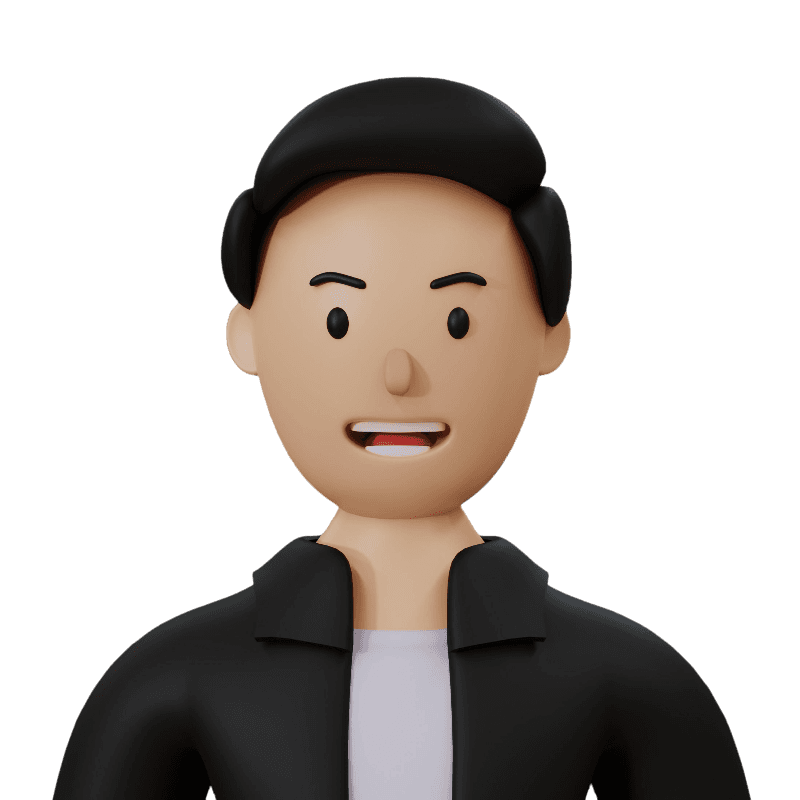Introduction
Imagine a high school geometry class where instead of a one-size-fits-all lecture, each student receives personalized instructions and assignments tailored to their unique learning style and pace. Imagine a world where educational disparities are significantly reduced because every child, regardless of their geographical location or socio-economic status, has access to an AI-based tutor. This is the landscape that the power of Artificial Intelligence (AI) in education is beginning to unveil, leading us to a path of smarter and more personalized learning.
The Power of AI in Education
Artificial Intelligence is not merely a buzzword in the realm of education; it's a catalyst for a paradigm shift in the way the next generation learns. AI is offering immense potentials to revolutionize both the way students learn and how educators teach. It is making the delivery of educational content faster, more efficient, personalized, and engaging. By leveraging machine learning algorithms and cognitive computing, AI can create adaptive learning environments that can revolutionize education.
Personalization and Adaptivity
One of the main ways AI is transforming education is through the personalization of teaching. Every student learns differently, and thus what works for one may not work for another. AI-powered systems can analyze hundreds of variables that influence a student's learning to create extremely personalized content. These systems can adapt to each student's pace of learning, learning style, areas of interest, and even detect learning disabilities in their early stages.
24/7 Learning and Tutoring
AI-driven educational platforms can provide students with on-demand access to information and tutorials, fostering a culture of continuous learning beyond the traditional classroom setting. Students can query these virtual assistants even in odd hours, helping them grasp troublesome concepts without wanting for a human tutor's availability. This anytime, anywhere learning ensures a seamless continuation of education, irrespective of the circumstances.
Innovative Methods of Learning
AI paves the way for innovative methods of learning, from personalized tutoring to the gamification of learning and Virtual Reality (VR) experiences. These methods aim to increase students' engagement in learning, consequently improving their educational outcomes. For instance, language learning apps use AI to provide personalized lessons, immediate feedback, and immersive environments, making the learning experience more interactive and enjoyable.
Bridging the Education Gap
AI has the power to reduce barriers to accessing quality education, especially for students in remote or disadvantaged areas. It has made it possible to bring high-quality learning resources to students who might not have access to them otherwise. Moreover, AI-based learning management systems allow for the tracking of progress and performance of students across the globe, leading to a more level playing field in education.
Enhancing Teacher's Efficiency
Teachers can leverage AI to gain valuable insights about their students, thereby informing their teaching practices. AI can also automate time-consuming tasks like grading and scheduling, freeing up teachers for more meaningful interactions with their students. Furthermore, AI can facilitate lifelong learning for teachers by offering personalized professional development resources and coaching.
Cautious Optimism & Ethical Implications
Despite the countless advantages that AI brings to education, it's important to exercise cautious optimism. There are ethical considerations to be dealt with, such as data privacy, algorithmic bias, and the risk of human teachers becoming superfluous. The widespread use of AI in education will require developing responsible AI policies and frameworks that ensure the benefits of AI are maximized while minimizing the potential risks and downsides.
Conclusion
Embracing Artificial Intelligence's power in education promises a journey towards making education more adaptive, personalized, accessible while ensuring high-quality learning experiences for all. With responsible usage and ethical considerations, AI could potentially democratize education, supplementing teachers rather than replacing them, in a way that allows each student to realize their full potential. The revolution has just begun, and the realm of education will never be the same. Let's embrace this wave of positive change through digital transformation for the betterment of the global educational scenario.



